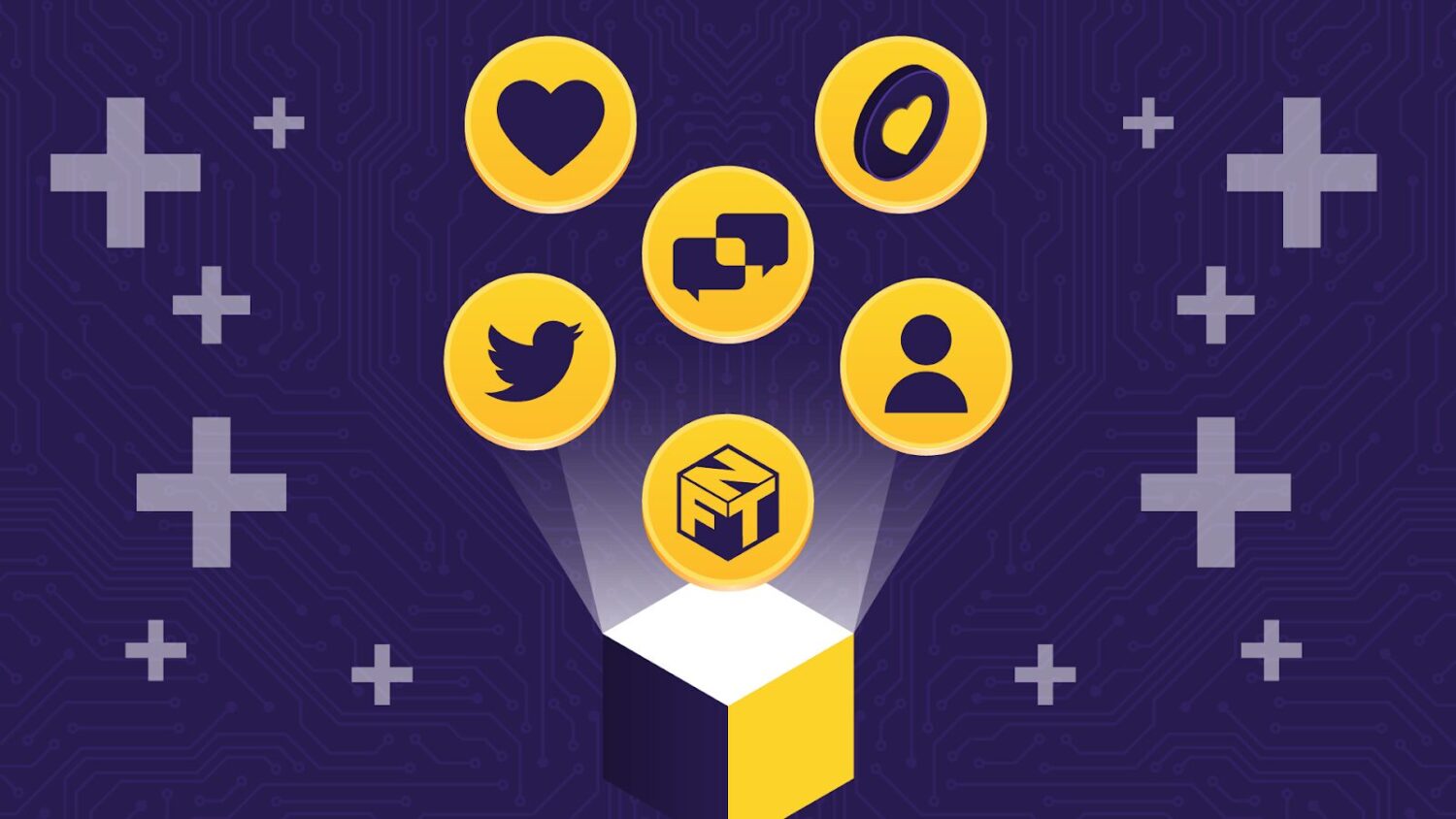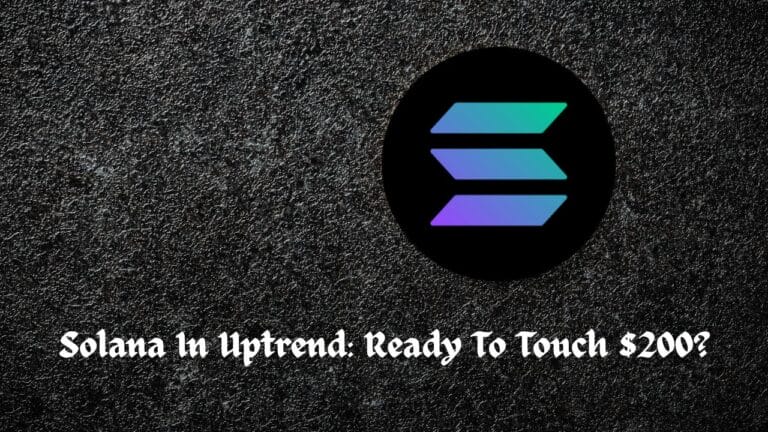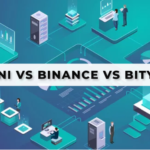
We are in a digital age where innovation disrupts tradition at every turn. Cryptocurrencies have emerged not only as a bold challenger to the ancient structures of global finance but also as a new avenue for philanthropy.
This article highlights initiatives that leverage blockchain technology to create a world of greater access, fairness, and compassion, showcasing the diverse potential of cryptocurrencies in supporting philanthropic efforts. They represent a nuanced blend of tech innovation and a commitment to making a difference. You have projects that exemplify the diverse potential of cryptocurrencies in supporting philanthropic efforts, each contributing to a broader ecosystem of change.
I invite you to explore the wider influence of cryptocurrencies in transforming economic systems and reimagining what it means to give charitably.
Table of Contents
Decentralization for Global Empowerment
Projects like UNICEF’s Innovation Fund illustrate the potential of blockchain in providing financial inclusion solutions, showcasing early successes in countries like Kenya and Argentina. These projects have improved lives by enabling more efficient money transfers, savings, and credit access, all while ensuring security and reducing transaction costs.
Philcoin leverages blockchain for philanthropic efforts. It aims to establish the largest global community of philanthropists, utilizing blockchain to support education and other social initiatives. By tapping into blockchain’s capability for transparent, secure, and direct transactions, Philcoin is positioned to make a real impact on global philanthropy. It prioritizes projects addressing challenges such as financial accessibility, education, and humanitarian aid. Philcoin’s mission resonates with the broader goals of blockchain for social good, demonstrating how technology can be harnessed to foster inclusivity and empower communities.
Similarly, Giveth is redefining charitable giving through blockchain technology. By focusing on transparency and direct engagement, Giveth connects donors with causes, ensuring that contributions are traceable and efficiently utilized. This approach addresses the traditional challenges of philanthropy, including lack of transparency and high operational costs. Giveth’s platform showcases the power of blockchain in creating a more accountable and effective charitable ecosystem, allowing for a closer connection between donors and the impacts of their donations.
Both Philcoin and Giveth exemplify the innovative use of blockchain technology to address key issues in philanthropy and financial inclusivity. By promoting secure, transparent, and direct transactions, these platforms are not only improving access to financial services for underserved populations but also pioneering new ways to support social initiatives globally.
Cryptocurrency and Borderless Philanthropy

The seamless, borderless nature of digital currencies like Bitcoin, Ethereum, and others offered by platforms such as The Giving Block, enables individuals to support charitable causes across the globe with ease and efficiency. For instance, The Giving Block has significantly impacted the philanthropic landscape by facilitating over $69 million in cryptocurrency donations in a single year, showcasing the generosity of the crypto community. The platform supports a wide array of nonprofits, allowing donors to choose from thousands of causes ranging from climate change to human rights. This initiative highlights the growing trend of crypto donations, which are not only generous but also offer tax benefits to the donors, further incentivizing charitable giving.
Philcoin, as part of its mission, has embarked on significant partnerships to leverage blockchain technology for philanthropic efforts, particularly emphasizing education and infrastructure development. A notable partnership in Latin America with the Cabécar “Chirripo” tribe in Costa Rica aims to use blockchain for the development of critical infrastructure such as roads, schools, and hospitals. This partnership is geared towards transforming and empowering underserved communities, showcasing blockchain’s potential beyond financial transactions.
This shows the transformative potential of cryptocurrencies in philanthropy. By transcending geographical limitations, digital currencies enable donors to make a global impact, supporting causes that resonate with them. This new era of borderless philanthropy democratizes giving and empowers communities and charitable organizations around the world, proving that technology can indeed pave the way for a more inclusive and thriving global society.
Reducing Barriers to Philanthropic Participation
The integration of cryptocurrencies into philanthropy has significantly reduced transaction costs and simplified the donation process, democratizing access to philanthropic giving. Platforms like Philcoin, Giveth, and Gitcoin have been instrumental in this shift, leveraging blockchain technology to enable micro-donations and foster a culture of giving.
Philcoin’s innovative give-to-earn model, for instance, encourages users to engage in philanthropic activities by rewarding them with tokens. This model incentivizes giving and ensures that users are recognized for their contributions, thereby encouraging a sustained culture of generosity. The platform achieves this by merging digital currency with philanthropy, offering users utility tokens that grant access to various services while supporting diverse causes and facilitating community engagement.
Similarly, Gitcoin and Giveth have streamlined the donation process, making it more accessible and efficient. By connecting donors directly with causes and projects that resonate with their values, these platforms ensure that contributions have a tangible impact, fostering a sense of community and shared purpose among users.
Transparency and Trust in Charitable Giving
Blockchain technology’s inherent transparency and immutability play a crucial role in improving trust and accountability within philanthropic transactions. This transparency allows all parties to view and verify transactions in real-time, ensuring that donations are traceable and reducing the potential for fraud and misuse of funds. For instance, the United Nations World Food Programme’s Building Blocks project utilized blockchain for food assistance to Syrian refugees, showcasing how this technology can streamline aid distribution and ensure that assistance reaches those in need without diversion or fraud.
Philcoin and Giveth leverage these blockchain capabilities to offer transparent, traceable pathways for donations, enhancing the efficiency and accountability of philanthropic endeavors. Philcoin’s blockchain-based platform supports various social initiatives by ensuring that every donation is permanently recorded and easily audited, thereby guaranteeing that funds reach their intended destinations. Similarly, Giveth uses blockchain to facilitate direct donations to charitable projects, emphasizing transparency and enabling donors to see exactly where their money is going.
This level of transparency, facilitated by blockchain technology, reassures donors that their contributions are used as intended, building a stronger foundation of trust between philanthropic organizations and their supporters.
The Ripple Effect: Beyond Financial Transactions

Cryptocurrencies, underpinned by blockchain technology, are introducing innovative funding models for social initiatives, reshaping philanthropy through decentralized autonomous organizations (DAOs). DAOs are blockchain-governed entities that operate without central authority, allowing for global collaboration and coordination. By leveraging smart contracts, DAOs ensure that all transactions and decisions are transparent, democratically made by their members, and directly aligned with the organization’s goals.
Philcoin, Giveth, and Gitcoin exemplify how cryptocurrencies can foster a global community of givers, activists, and innovators committed to positive change. Philcoin’s initiatives in Latin America and its partnership with education entities Repton Family of Schools demonstrate its role in facilitating innovative projects and partnerships aimed at societal benefits. These platforms use the DAO model to encourage decentralized funding and governance, ensuring that every stakeholder can contribute to decision-making processes and the distribution of funds for philanthropic causes.
Through DAOs, cryptocurrencies facilitate direct, transparent, and efficient charitable giving and create a new paradigm for collective action towards social good. This represents a significant shift from traditional philanthropy, moving towards a more inclusive, democratic, and transparent model of charitable giving and social entrepreneurship. The evolution towards using DAOs in philanthropy signifies a broader movement of conscious capitalism and social responsibility, catalyzing a global movement towards more impactful and meaningful change.
Conclusion: Envisioning a United Future
As we approach a new era in philanthropy, shaped by the innovative power of cryptocurrencies, it’s essential to recognize the transformative impact these digital currencies can have on merging finance with philanthropic efforts. Platforms like Philcoin, Giveth, and Gitcoin are at the forefront, advocating a future where every transaction fosters economic growth and pushes societal betterment. This intersection honors a more inclusive and empowered global society, urging us to reimagine the landscape of charitable giving.
This is your invitation to be part of a movement that supports social good through technological advancement. Explore these platforms, engage with their projects, and consider how you might contribute to or benefit from this evolving space. Whether you’re an investor, philanthropist, or someone passionate about social change, the opportunity to make a difference is at your fingertips. Let’s embrace this wave of conscious capitalism and social responsibility together, laying the foundation for a world where generosity is integrated into the very fabric of our financial systems. The future of charitable giving is here and now—how will you be part of it?










